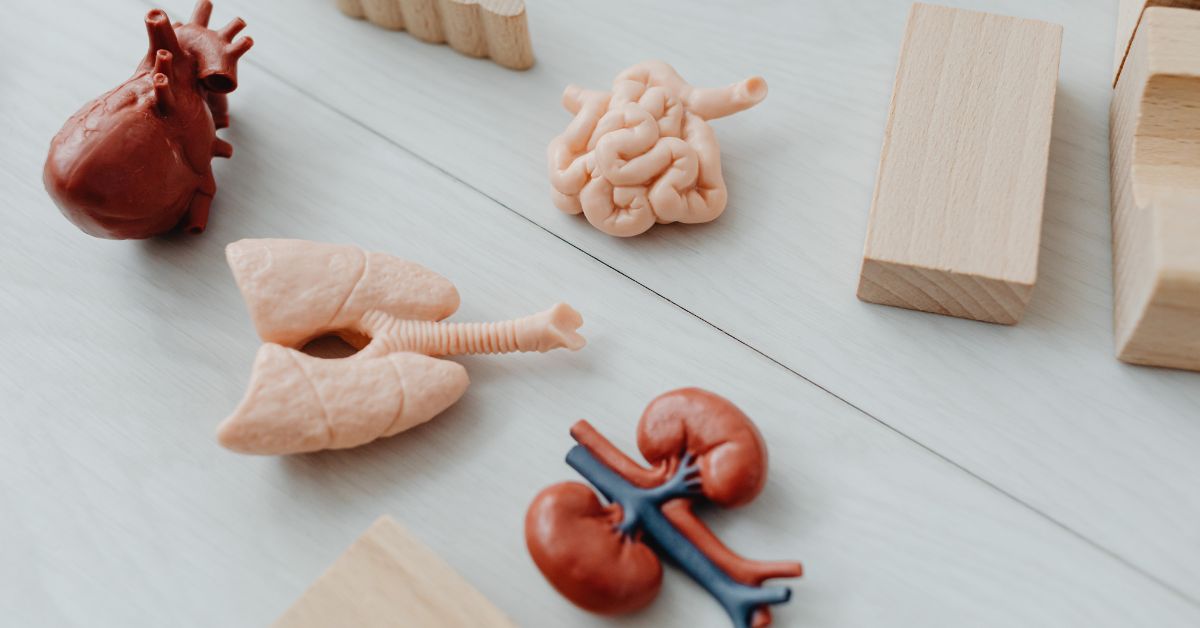Diabetes doesn’t just affect blood sugar. It can impact your heart, kidneys, eyes, nerves, and more. Here’s how and why regular care matters.
When most people think of diabetes, they think of blood sugar. But diabetes is much more than that. Over time, high glucose levels can quietly damage nearly every system in the body, from your eyes to your feet.
That’s why understanding the full-body impact of diabetes is so important. Not just for managing the condition, but for preventing serious complications down the road.
❤️ Heart & Blood Vessels
Diabetes doubles your risk of heart disease and stroke. Chronically high blood sugar damages the inner lining of your arteries, leading to plaque buildup, narrowed vessels, and higher blood pressure.
👀 What to watch for: Chest pain, shortness of breath, or swelling in the legs.
💡 Pro tip: Routine blood pressure and cholesterol checks are essential for people with diabetes.
👁️ Eyes & Vision
High glucose can damage the small vessels in your eyes, causing a condition called diabetic retinopathy. Left untreated, it can lead to blurry vision, floaters, or even blindness.
🙏 What helps: Annual dilated eye exams to catch early changes.
💬 Important note: Vision loss from diabetes is often preventable with early care.
🦵 Nerves & Feet
Diabetic nerve damage — called neuropathy — can cause tingling, numbness, or pain in the hands and feet. Over time, you may lose sensation, increasing the risk of wounds or infections that go unnoticed.
🔁 Daily habit: Check your feet for cuts, swelling, or redness.
💡 Pro tip: Always wear supportive shoes and avoid going barefoot.
🧠 Kidneys & Urinary Health
The kidneys work hard to filter your blood, but high sugar levels put them under strain. Over time, diabetes can lead to chronic kidney disease or even kidney failure.
👀 Early signs: Swelling in the legs, fatigue, or increased urination.
💡 What helps: Regular urine and blood tests can track kidney function over time.
🧠 Brain & Mental Health
There’s growing evidence that diabetes increases the risk of cognitive decline, including memory loss and dementia. It can also impact mental health, contributing to anxiety or depression.
🤕 What helps: Managing blood sugar, staying physically active, and staying socially connected.
🩺 Diabetes Care Is Whole-Body Care
Diabetes doesn’t just live in your bloodstream — it touches every part of your health. That’s why managing it means more than just counting carbs. It means taking care of your eyes, your heart, your kidneys, your nerves and your overall well-being.
📞 Call (242) 702-9310 to schedule a diabetes wellness visit with Nurse Anita Cates.

